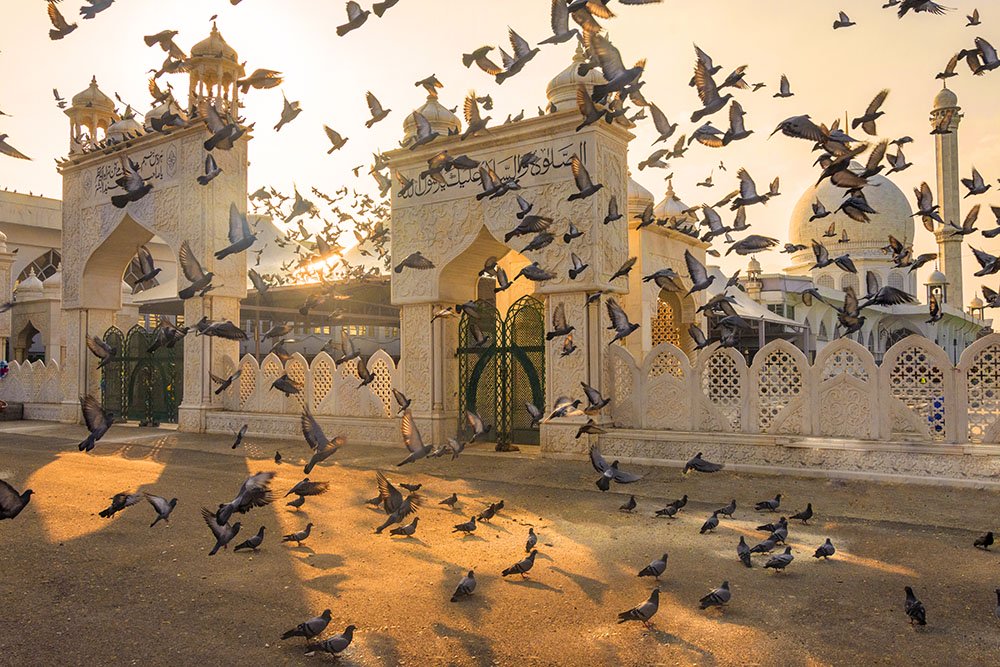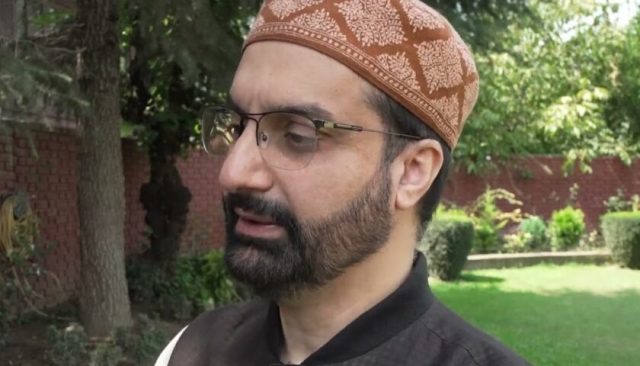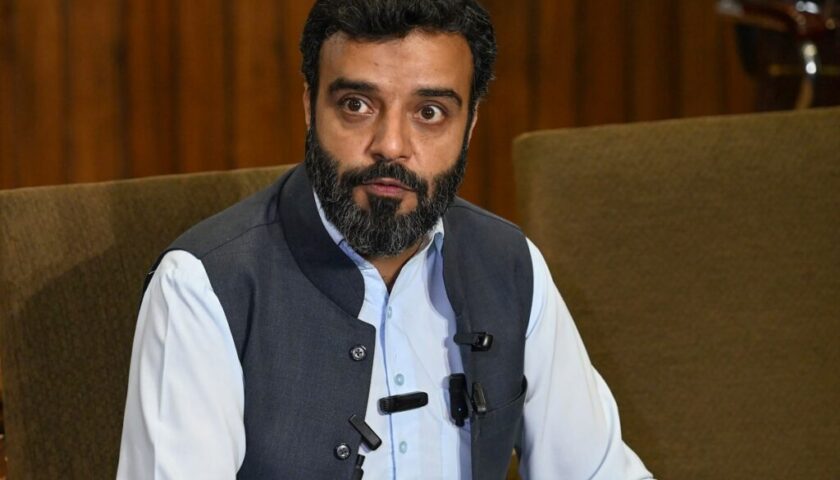Hazratbal Controversy & Eid Milad-un-Nabi Dispute – Faith, Ego, and Governance in Kashmir
By: Javid Amin | 05 Aug 2025
The Collision of Faith and Power
In Kashmir, faith is not abstract—it is woven into daily life, memory, and collective identity. From shrines like Hazratbal, which houses the Moi-e-Muqqadas (a relic of Prophet Muhammad ﷺ), to festivals like Eid Milad-un-Nabi, these traditions carry centuries of reverence.
But when ego-driven governance collides with sacred space, the result is not just controversy—it is alienation. September 2025 has marked two such flashpoints: the Hazratbal shrine plaque dispute and the Eid Milad-un-Nabi holiday debacle. Together, they reveal a dangerous pattern of politicization, bureaucratization, and disrespect.
Hazratbal Shrine: When Ego Enters Sacred Space
A Shrine of Reverence
Hazratbal has always been Kashmir’s most revered shrine, holding not just a relic, but the spiritual heartbeat of the Valley. For centuries, rulers and regimes respected its sanctity, avoiding overt symbolism or self-branding.
The Plaque That Sparked Outrage
In September 2025, this unwritten code was broken. A marble plaque with the Ashoka emblem and Waqf Board Chairperson Dr. Darakhshan Andrabi’s name was installed inside Hazratbal.
To devotees, this was not renovation—it was branding.
To clerics, it was not beautification—it was iconography, forbidden in Islamic sacred spaces.
The plaque did not last long. Worshippers broke it in protest. For them, this wasn’t vandalism—it was a defense of sanctity.
“Hazratbal has seen reconstructions before, but never were such means used to claim credit. A sacred place needs no nameplate for legitimacy.” — Aga Ruhullah Mehdi
Public Sentiment: Reverence vs Branding
The incident triggered widespread debate across Kashmir:
-
For the faithful, Hazratbal belongs to no party, board, or official.
-
For politicians, it exposed how the ruling administration blurs the line between governance and self-promotion.
-
For ordinary Kashmiris, it was a reminder that even sacred spaces are no longer immune to state overreach.
The broken plaque became a symbol of protest—not against the state per se, but against the ego of power.
PSA Threats: From Misjudgment to Misuse
Instead of acknowledging the hurt, Dr. Andrabi escalated the situation:
-
She demanded FIRs and PSA cases against protestors.
-
She even suggested frisking MLAs for currency notes carrying the Ashoka emblem—a remark many called absurd and inflammatory.
The Public Safety Act (PSA) has long been a feared instrument in Kashmir, used to detain people without trial. To threaten its use against worshippers was seen as:
-
Insensitive: equating faith with sedition.
-
Insulting: criminalizing grief.
-
Dangerous: weaponizing law against religion.
What could have been resolved with humility turned into a political standoff against worshippers themselves.
Eid Milad-un-Nabi Holiday Dispute: Bureaucracy Over Belief
While Hazratbal simmered, another controversy erupted.
The Moon-Sighting Dispute
Islamic festivals depend on moon sighting, and in 2025, Eid Milad-un-Nabi was confirmed for Saturday, September 6. Yet, the J&K administration refused to shift the holiday from Friday, September 5.
For the second consecutive year, Kashmiris celebrated under bureaucratic diktat, not religious tradition.
Leaders React
-
Omar Abdullah: called it “a deliberate decision to hurt sentiments.”
-
Sakina Itoo: accused the LG’s office of “playing with emotions.”
-
Mirwaiz Umar Farooq: condemned it as “unacceptable negligence” in his Friday sermon.
The refusal revealed not just rigidity, but a disconnect between rulers and ruled.
The Deeper Crisis: Disconnect and Disrespect
These two incidents are not isolated—they form a pattern:
-
Sacred spaces politicized through plaques, emblems, and branding.
-
Religious observances bureaucratized, ignoring clerics and traditions.
-
Public sentiment sidelined, with law threatened against protest.
At its core, this reflects a crisis of governance: decisions made without listening, without consultation, without humility.
What Needs to Change
-
Sacred Spaces Must Remain Sacred
Shrines are not stages for plaques. Renovations should be silent acts of service, not public relations exercises. -
Religious Holidays Must Follow Religious Authority
In Islamic practice, moon sighting is decisive. The government must defer to clerics and community bodies. -
No PSA for Faith Protests
Protest is not terrorism. Invoking PSA against worshippers undermines law and order, rather than protecting it. -
Governance Must Listen Before Acting
From shrines to festivals, consultation is key. Without it, governance becomes imposition.
Bottom-Line: Kashmir’s Soul Is Not for Display
The Valley has endured floods, conflict, and economic despair. But nothing wounds deeper than the disrespect of faith.
Hazratbal and Eid Milad-un-Nabi are not just events—they are anchors of memory and identity. When they are turned into stages for ego or rigid bureaucracy, it is not just policy failure—it is a breach of trust.
If governance in Kashmir is to heal rather than harden wounds, it must embrace respect over recognition, humility over ego, consultation over imposition.
Kashmir’s soul is not for display. It is for devotion, dignity, and continuity.




